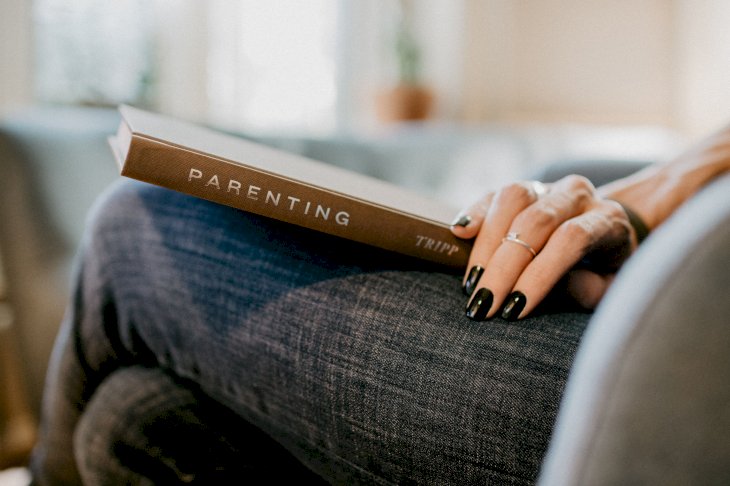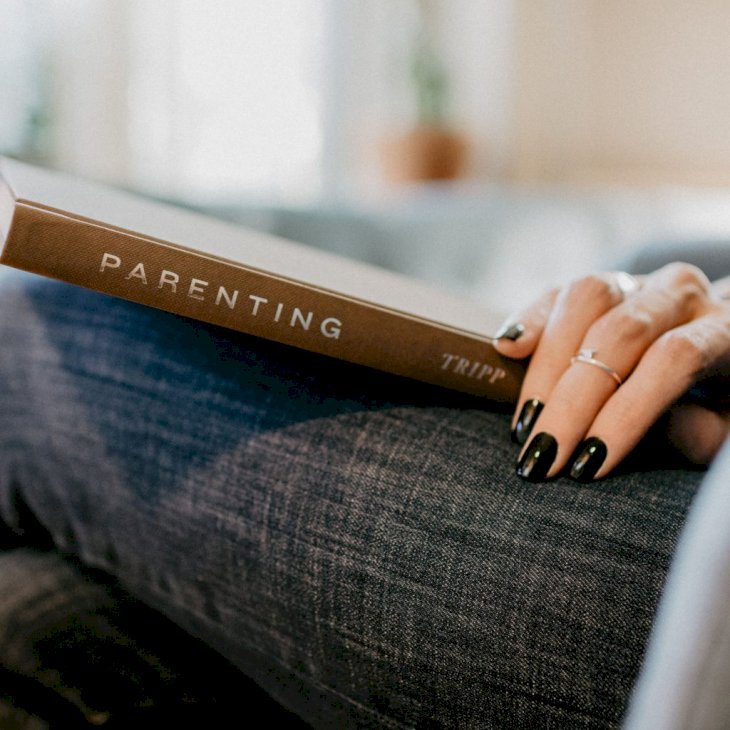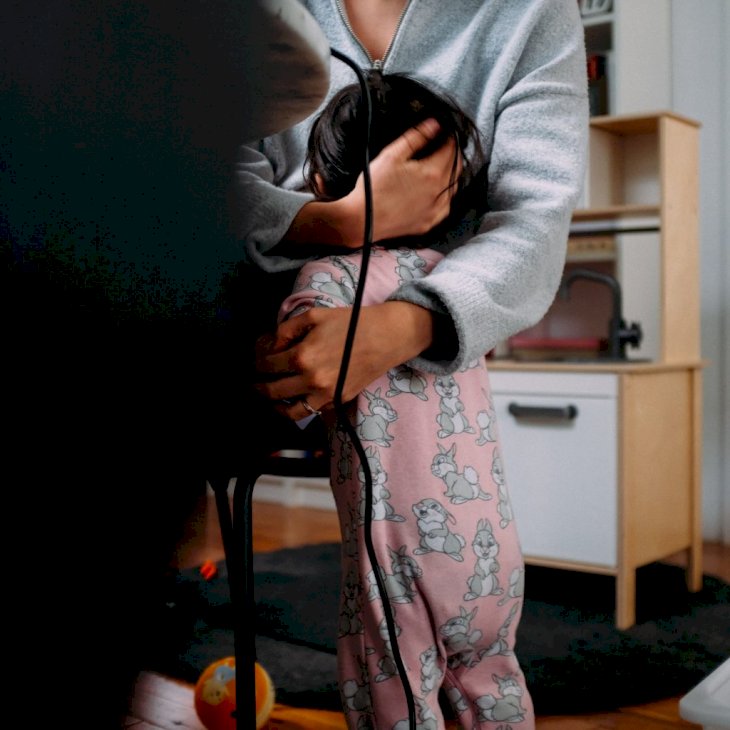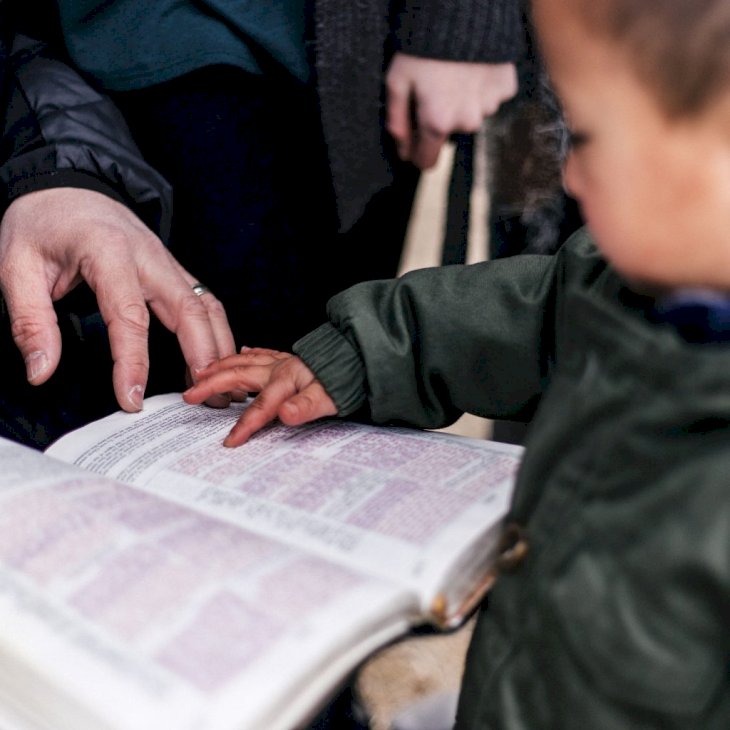
Parenting Tips To Survive Lockdown
In a world where governments are worried about the pandemic and ailing economies, resulting in the loss of jobs, it is easy to forget about the little people in society. The responsibility falls to parents and caregivers to do the most important job in the world, which is taking care of the children.
With school closures and working remote places parents and their offspring in the same space, UNICEF recommends that parents create a flexible but consistent daily routine with their children.

Photo by Kelly Sikkema on Unsplash
“COVID-19 has taken away our daily work, home, and school routines. This is hard for children, teenagers, and for you. Making new routines can help.”
According to UNICEF, children have a right to know what is happening in the world, but parents have a responsibility to keep them safe from any distress. Parents need to talk to children about the global pandemic in age-appropriate language and be sensitive to their anxiety levels. Here are some tips on how to help your children during the lockdowns:
One-On-One Time

Photo by Humphrey Muleba on Unsplash
While it is frustrating to be stuck at home and normal to feel stressed and overwhelmed, it is also an excellent time to build a better relationship with your child. Whether you have a toddler or teenager, one-on-one time can make them feel loved and secure.
It sends a message to them that they are important. It can be 20 minutes of free and fun time that you spend with one child. It will also allow you the opportunity to see how the lockdown is affecting them mentally. Let the child choose the activity, be it singing, drawing, doing chores together, help with schoolwork, or cooking together.
Use Positive Instructions

Photo by Charles Deluvio on Unsplash
As difficult as it may be to stay positive in a world turned upside down, this is precisely what your children need from you. If your kids and teenagers are driving you crazy, try giving them positive instructions, instead of the usual, “Don’t do that!”
If you need them to do chores, use phrases like, “Please clean your room,” instead of, “Don’t make your room a mess.” Kids are more likely to follow positive instructions. It is also important to give praise when they do the right thing.
Structure and Routine

Photo by Priscilla Du Preez on Unsplash
The lockdown has taken away the normal routine, so you will need to create a new one. The daily routine can be flexible, but it must be consistent. While you set up your work schedule, ask your child to draw up their school time table, making sure that your breaks coincide.
In this way, not only will your child be more secure and well behaved, but they will be more likely to follow the routine. Also, make it a habit to wash hands regularly during the day and praise your children when they do so. Add exercise into your daily routine to keep the family fit.
Managing Stress

Photo by Charles Deluvio on Unsplash
As a parent, you are the role model. Keeping calm in these stressful times is a tough ask, but you need to do so for the sake of your children’s well-being. Take care of yourself first, so that you can support your children.
Talk about your fears with your partner or a friend, stay away from social media that makes you anxious, take a break and spend some me-time even if it is after the kids have gone to bed. In this way, you will be ready to support and reassure your children when they are showing signs of distress. Doing meditation is a good way to relieve stress.
Talking about the Pandemic

Photo by Elle Hughes on Unsplash
Children are smart and will ask questions. Be ready to talk to them about the pandemic in age-appropriate language. Ask them questions to determine how much they already know. Reassure them by being honest and open, as silence and secrets do not help protect them.
If you don’t know the answer, then say so. Let them share their feelings if they are scared and confused, and let them know you are there for them. With so many stories going around, make sure to use verified information when answering questions. Use trustworthy sites like UNICEF and the World Health Organization.

Photo by K. Mitch Hodge on Unsplash
Talk to your children about how the pandemic is affecting anyone irrespective of gender, race, or nationality. Teach them to be compassionate towards the sick and their caregivers. The world needs heroes, not bullies.